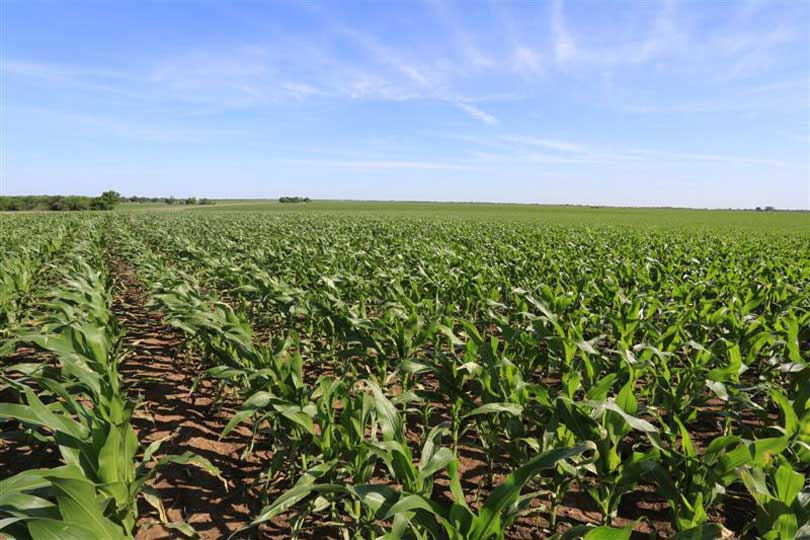By Justin Walker
Communications Specialist
It’s been a difficult year for many farmers in 2019, and the number of farmers falling behind on loans rose this year, according to a U.S. banking regulator.
One cause could be the ongoing trade negotiations with international partners, several of which have significant impacts on U.S. agriculture.
The Federal Deposit Insurance Corporation (FDIC) did not specifically refer to China in a quarterly report on the health of U.S. banks, but a deterioration in asset quality was reported in some farm banks.
“We are seeing some emerging strain,” Diane Ellis, director of the Insurance and Research Division at FDIC, said. “Mostly it affects our community banks in the middle of the country.”
A strain has been building within the farm sector for some time now, Ellis said. Commodity prices have fallen over the past six years and farm income levels are half of what they were in 2013.
Farm loans also have been impacted by the strain. As of the first quarter of 2019, 1.28 percent of farm loans at community banks were noncurrent—at least 90 days past due or in nonaccrual status. This is the highest noncurrent rate for such loans since the third quarter of 2011.
The delinquency rate at community banks rises when adding in loans more than 30 days past due, bumping up to 2.19 percent, the highest since the first quarter of 2011.
Agricultural loans across all FDIC-insured banks have seen rising noncurrent rates, with 2.39 percent at least 30 days past due or in nonaccrual status. This is the highest rate since the first quarter of 2012.
While Ellis and FDIC are not directly referring to China, the trade war between the Chinese and U.S. have impacted commodity prices. Since negotiations began, prices have taken a hit from rising tariffs placed on U.S. agricultural exports by the Chinese.

